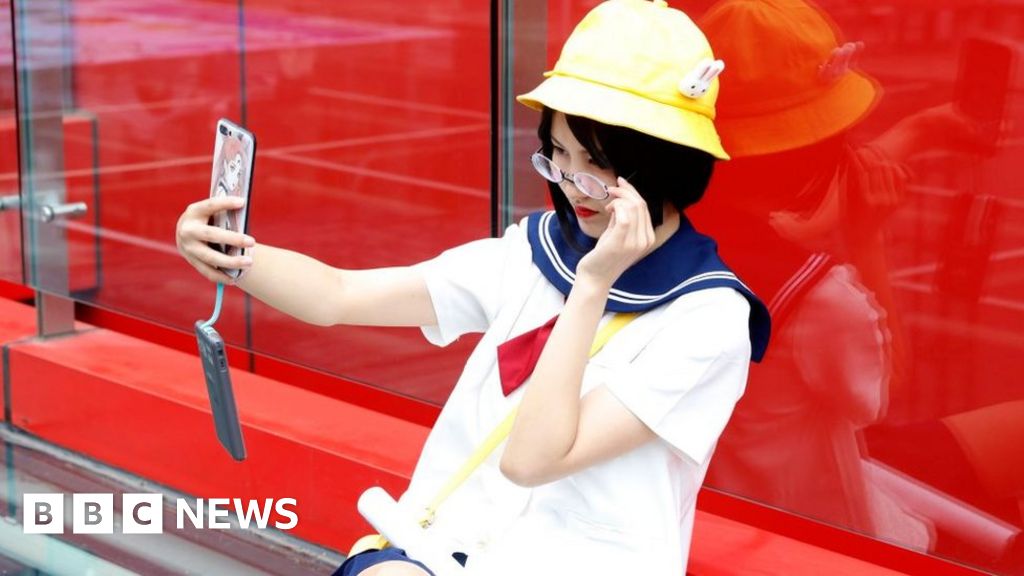- cross-posted to:
- [email protected]
- cross-posted to:
- [email protected]
A draft law banning speech and dressing “detrimental to the spirit of Chinese people” has sparked debate in China.
If the law comes into force, people found guilty could be fined or jailed but the proposal does not yet spell out what constitutes a violation.
Social media users and legal experts have called for more clarity to avoid excessive enforcement.
China recently released a swathe of proposed changes to its public security laws - the first reforms in decades.
The clothing law has drawn immediate reaction from the public - with many online criticising it as excessive and absurd.
The contentious clauses suggest that people who wear or force others to wear clothing and symbols that “undermine the spirit or hurt the feelings of the Chinese nation” could be detained for up to 15 days and fined up to 5,000 yuan ($680; £550).



from here: https://www.bbc.com/news/business-58394906
Wang Wusi over here dropping truth bombs.